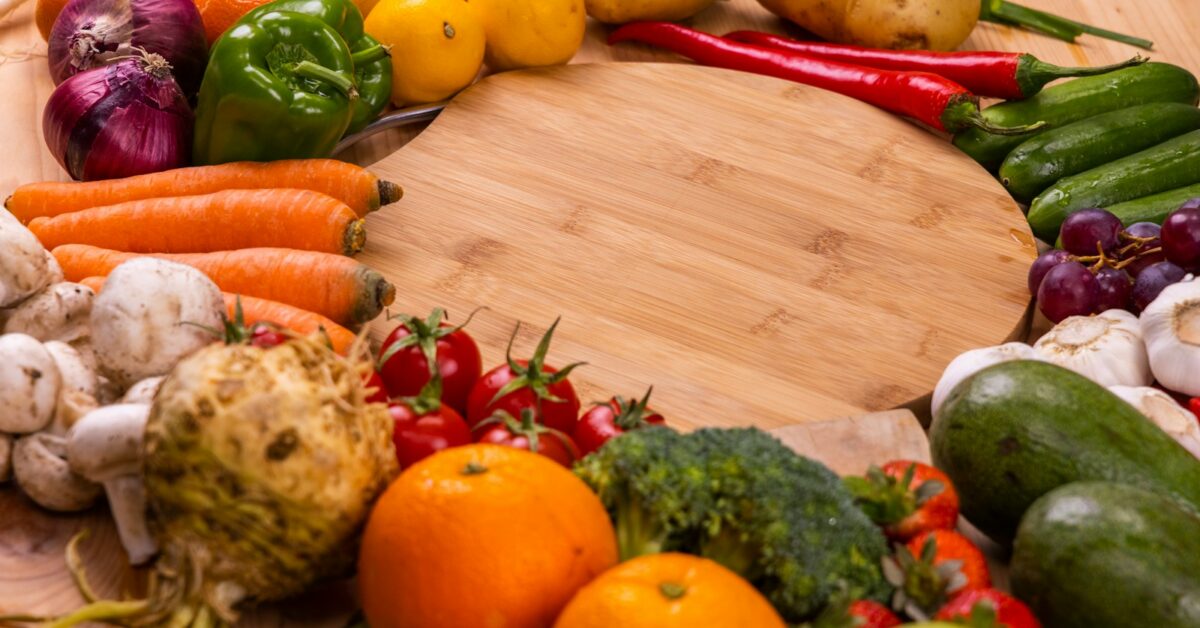Is honey vegan? This question has sparked a heated debate among vegans and non-vegans alike. While some argue that honey is a natural and nutritious sweetener, others believe that it is not suitable for a vegan diet due to the exploitation of bees. Let’s delve into the various aspects of this controversy and explore the different perspectives surrounding the consumption of honey.
The Vegan Philosophy
Veganism is a lifestyle that seeks to exclude the use of animals for food, clothing, or any other purpose. Vegans choose to avoid animal products because they believe in the ethical treatment of animals and the promotion of environmental sustainability. The vegan philosophy extends beyond dietary choices and encompasses a broader commitment to animal rights.
The Argument Against Honey
Many vegans argue that honey is not vegan-friendly due to the exploitation of bees in the honey production process. They believe that bees are sentient creatures capable of experiencing pain and suffering. Here are some key points raised by those who oppose the consumption of honey:
- Exploitation of Bees: Bees work tirelessly to produce honey for their own survival during the winter months. Commercial beekeeping practices involve taking away the bees’ honey and replacing it with sugar water or high-fructose corn syrup, which is considered detrimental to their health.
- Beekeeping Practices: Some beekeepers use methods that may harm or stress the bees, such as clipping their wings or smoking them out of the hive. These practices are seen as a violation of the principles of veganism.
- Alternative Food Sources: Vegans argue that there are plenty of plant-based sweeteners available, such as maple syrup, agave nectar, or date syrup, which can be used as alternatives to honey.
The Counterarguments
On the other side of the debate, some argue that honey can be considered vegan. They believe that bees are not sentient beings and that their honey production is a natural process. Here are some points raised by those who defend the consumption of honey:
- Bees’ Well-being: Responsible beekeepers prioritize the health and well-being of their bees. They ensure that the bees have enough honey to sustain themselves throughout the winter and use sustainable practices that do not harm the bees.
- Environmental Benefits: Bees play a crucial role in pollination, which is essential for the growth of many fruits, vegetables, and nuts. Supporting beekeeping practices can contribute to the preservation of bee populations and the overall health of ecosystems.
- Natural and Nutritious: Honey is a natural sweetener that contains essential nutrients and antioxidants. It is often considered a healthier alternative to refined sugar.
The Gray Areas
While the debate continues, there are some gray areas that further complicate the question of whether honey is vegan. These include:
- Wild Honey: Some argue that consuming honey sourced from wild bees, where no human intervention is involved, can be considered vegan.
- Local and Sustainable Beekeeping: Supporting local beekeepers who prioritize the well-being of their bees and follow sustainable practices can be seen as a more ethical choice.
- Individual Interpretation: Veganism is a personal choice, and individuals may have different interpretations of what it means to be vegan. Some vegans may choose to include honey in their diet, while others may abstain from it.
Conclusion
The question of whether honey is vegan remains a contentious issue. While some vegans choose to avoid honey due to concerns about the exploitation of bees, others believe that responsible beekeeping practices can align with the principles of veganism. Ultimately, the decision to consume honey or not is a personal one, and individuals should consider their own values and beliefs when making dietary choices.
